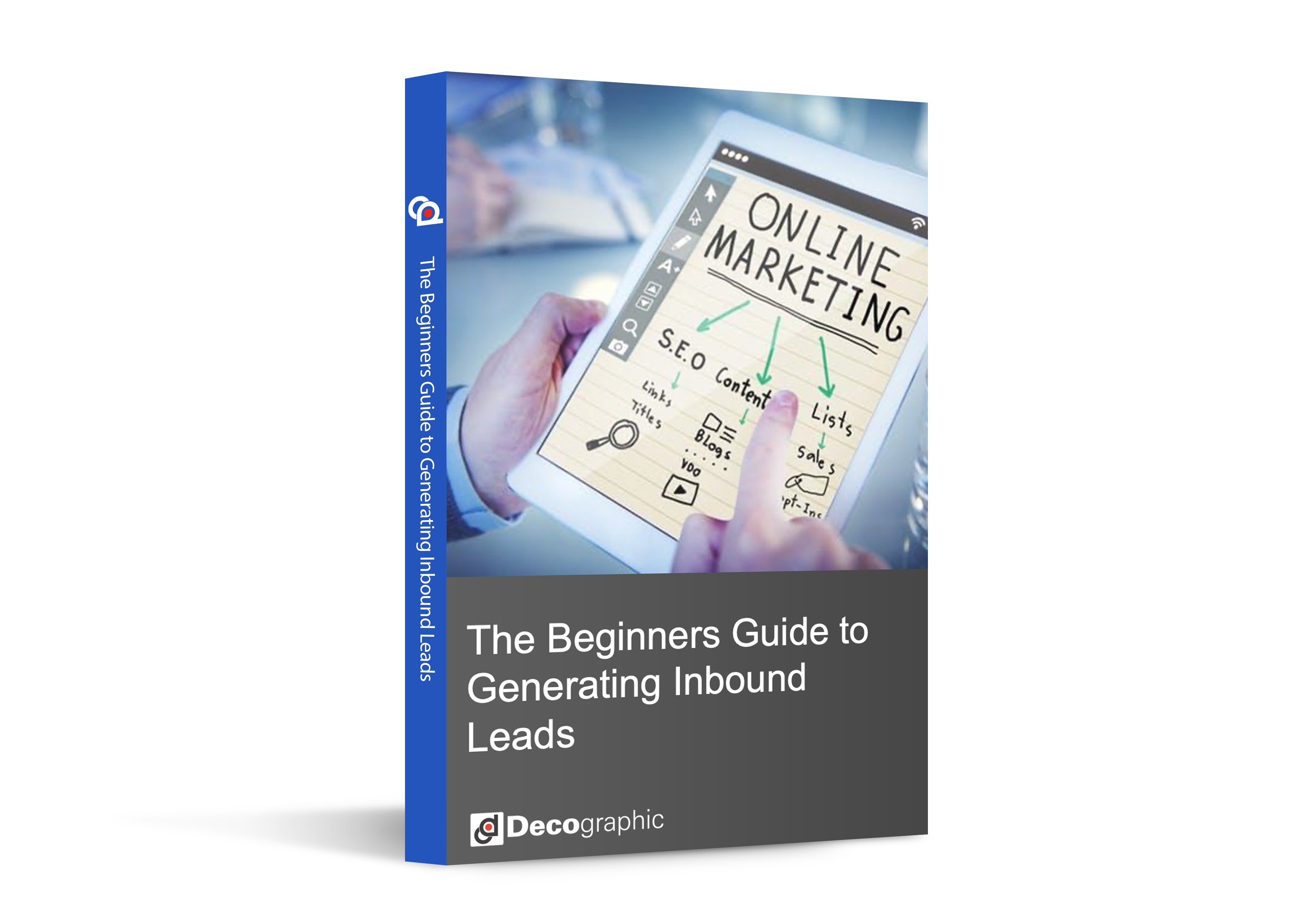Curious on how the customer journey is for business? Then it is time to discover and see the complete picture by connecting your marketing efforts with CRM, your company’s tool to make it all work.
CRM may be a rising superstar in business, but there are still things to learn. Let’s dive in and see how to use this tool to its full potential.
What is CRM Marketing?
CRM, or customer relationship management, refers to the software that tracks and records customer interactions. In the world of marketing, it can be used to personalize messages, create more targeted content, and expedite the sales process.
It's a very useful tool for sales teams to track leads, prospects, and customers. It allows the team to be able to see every interaction a contact has had with a brand, including calls with a sales rep to website visits.
However, marketers only use CRM for creating email lists. This is a huge, missed opportunity because it can do so much more. CRM is considered as a single source of truth as it tracks every customer interaction and paints a clear picture of their journey. It stores all data, making it a central hub for this rich potential. You will be able to identify patterns and see what’s working and what’s not. Additionally, CRM can group audience into segments. In marketing, segmentation is so crucial because you do not want to send the same message to every customer. CRM will be able to group together people in a certain area or people who are more active so you can talk to them in a more targeted way.
With the potential of CRM, you will be able to truly personalize your messaging, create more targeted and meaningful content, and expedite the sales process – helping your entire company grow.
RELATED: TOP REASONS WHY YOUR COMPANY NEEDS A CRM
Let’s now discover the role of CRM in marketing and how it can power different areas of your marketing strategy.
1. CRM for Email Marketing
With email and CRM, you will be able to segment your contacts into different lists based on any CRM data point like location, page interactions, and more. You can also add an extra layer of personalization to your emails by sending different CTAs to customers based on your CRM data. You will be able to send relevant, personal emails in order to build trust and provide value to customers and prospects.
2. CRM for Social Media Marketing
We all know that social media is a two-way street. Producing great content like clever tweets, trendy Instagram photos, and engaging videos is important, but not enough. You need CRM so you would know how customers engage with your platforms and the conversations they’re having to prepare you to interact with them. A social CRM allows you to have an overview of topics, hashtags, and influencers within your audience segments so you can effectively leverage yourself by providing timely, relevant content. If you need help setting up your CRM, you may reach out to digital marketing agencies in Miami to get the help that you need.
3. CRM for Digital Ads
Traditional efforts may help you reach a broad persona, but with CRM, it lets you target a hyper-specific group of people. It allows you to create relevant ads for any audience, no matter what stage they’re at in the buyer’s journey. This makes a big impact on customers because you are allowing your brand to enter the most relevant audience and your customers won’t be surprised or frustrated when they see one.
Learn what online lead generation is and why your business needs it, how you qualify someone as a lead, how you generate leads, and why inbound lead generation is much more effective
than simply buying leads.
DOWNLOAD OUR FREE EBOOK BELOW:





.png?width=352&name=Copy%20of%20SCS%20-%20Blog%20Template%20(11).png)